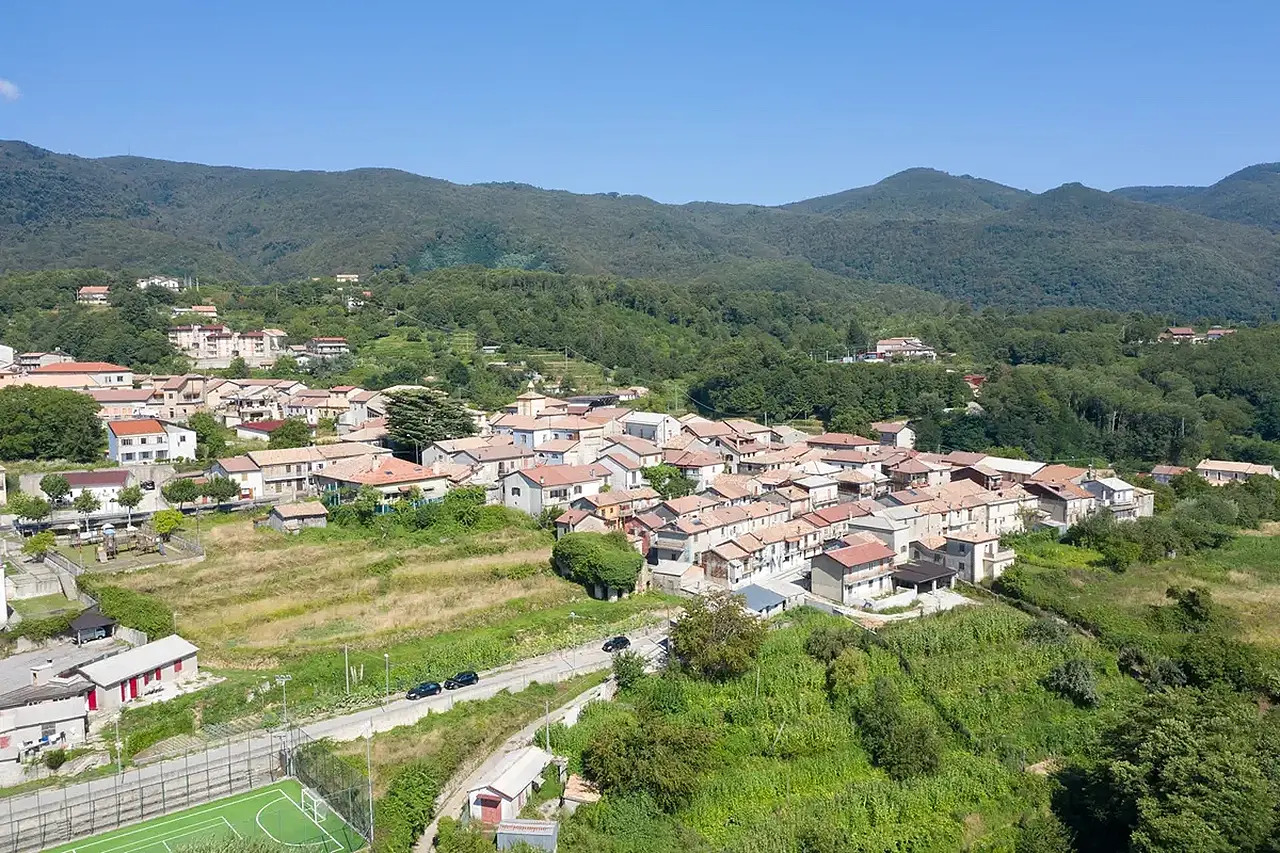

The Road of Serra San Bruno - Mongiana
Unique industrial archaeology site in terms of history, preservation, and also in terms of environmental setting


Where

An industrial citadel among the Calabrian Serre
Mongiana is located over 900 meters above sea level in the upper valley of the Allaro stream, in the middle of the forests of Mount Pecoraro (m 1423), one of the highest elevations of the Calabrian Serre. In fact, Mongiana was founded in the second half of the 18th century as a steel citadel and its location was functional in meeting the need for charcoal for the blast furnaces and hydraulic power for the workshops. This setting is captured in theurban planning of the town, which in the start-up core still retains the rational distribution of the workers' villages that arose in the years of the Industrial Revolution on the fringes of the first large manufacturing complexes.
A steel complex that had no equal
The history of the village began in 1771 when the Bourbon government decided to rationalize steel production in the Stilo district by concentrating it in a plant strategically located both for supplies of ore, fuel and energy and for the forwarding of products to ports of embarkation. Thus was envisaged a center meeting the standards of the industrial citadels of the time but subject to military control because of the eminently warlike nature of production. In the first half of the nineteenth century, the Mongiana complex-steel plant, ironworks and arms factory-represented as much modernity as could be imagined in the industry. Decadence, after the Unification of Italy, against the backdrop of the new balances.
The ironworks of Mongiana, an extraordinary site of industrial archaeology
Thanks to the widespread memories of its great industrial past nowadays Mongiana is a kind of open-air museum, certainly the most important station of thatEcomuseum of the Ironworks and Foundries of Calabria that involves several municipalities of the Ionian Serre. The biggest attraction is the Arms Factory, once specialized in the production of cannons, rifles and sabers, now used as a museum. Then there is the vast steel plant, in ruins but legible in its various functions. Finally, a whole series of scattered testimonies-the houses of the workers and various ranks, the church, the barracks-that contribute to making Mongiana a unicum of industrial archaeology.
In the church, the altarpiece, a gift from King Ferdinand
In the center of the town stands out the parish church of Maria Santissima delle Grazie, heir to the first wooden chapel serving the garrison stationed in Mongiana. In the church's artistic endowment, one work refers precisely to the most significant moment in local history, the visit of King Ferdinand II in 1832. On that occasion, in fact, the sovereign donated to the community the altarpiece depicting St. Ferdinand of Castile, wearing armor and a royal cloak, chosen precisely because he was the patron saint of the Army of Engineers, thus particularly suited to the occasion. Other notable works of the local school are the wooden statues of Our Lady of Grace and the patron saint St. Roch, protagonists of as many events of popular devotion and extraordinary atmosphere.
A throbbing allegory of Victory
In the square in front of the church a monument deserves attention both for artistic quality and for the story of its author. A full-length sculpture cast in bronze in 1924, the allegorical personification ofItaly offering the crown of glory to the fallen in World War I. The sculptor, Salvatore Pisani (1859-1920), one of the country's most illustrious sons, made his fortune elsewhere in Lombardy, between Milan and Valtellina. Comparing the dates makes it clear that this is a posthumous tribute to the artist. It is in fact a twin work of the one that Pisani prepared in 1904 for the city of Sondrio, in memory, however, of the fallen in the Wars of Independence.
Enter the Map of Italy's Undiscovered Wonders and find treasures where you least expect it... Inspire, Recommend, Share...
The Map thanks:
PSC 2014-2020 del Ministero del turismo - Avviso “Montagna Italia” - Progetto le Montagne del sole - Codice CUP J38J22000450008

In the Community
Enter the Map of Italy's Undiscovered Wonders and find treasures where you least expect it... Inspire, Recommend, Share...
The road to Serra San Bruno
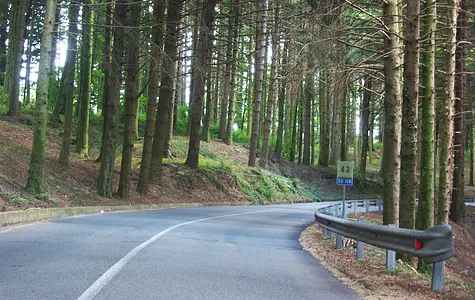
INTRODUZIONE
The road to Serra San Bruno
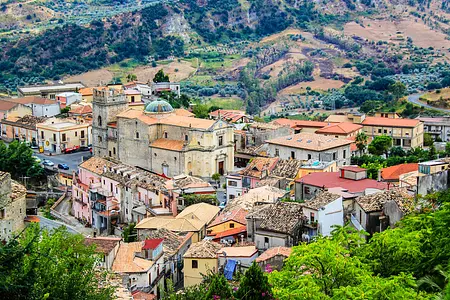
2 di 7
Stylus
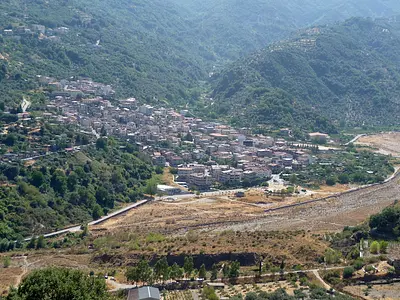
3 di 7
The Road of Serra San Bruno - Bivongi
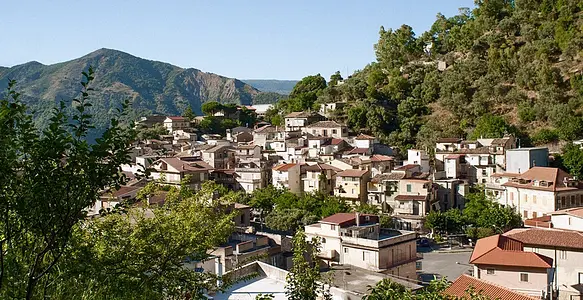
4 di 7
The Road of Serra San Bruno - Pazzano
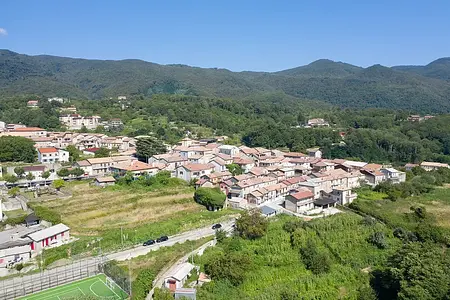
5 di 7
The Road of Serra San Bruno - Mongiana
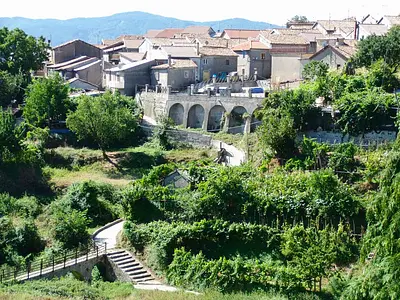
6 di 7
The road to Serra San Bruno - Fabrizia
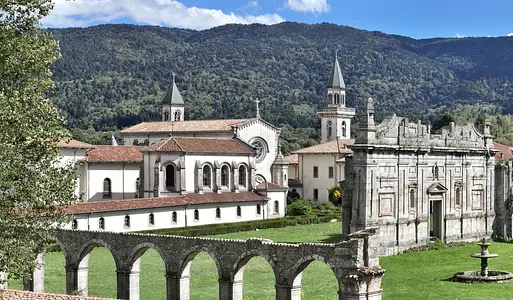
7 di 7
The Road of Serra San Bruno - Serra San Bruno
Where


